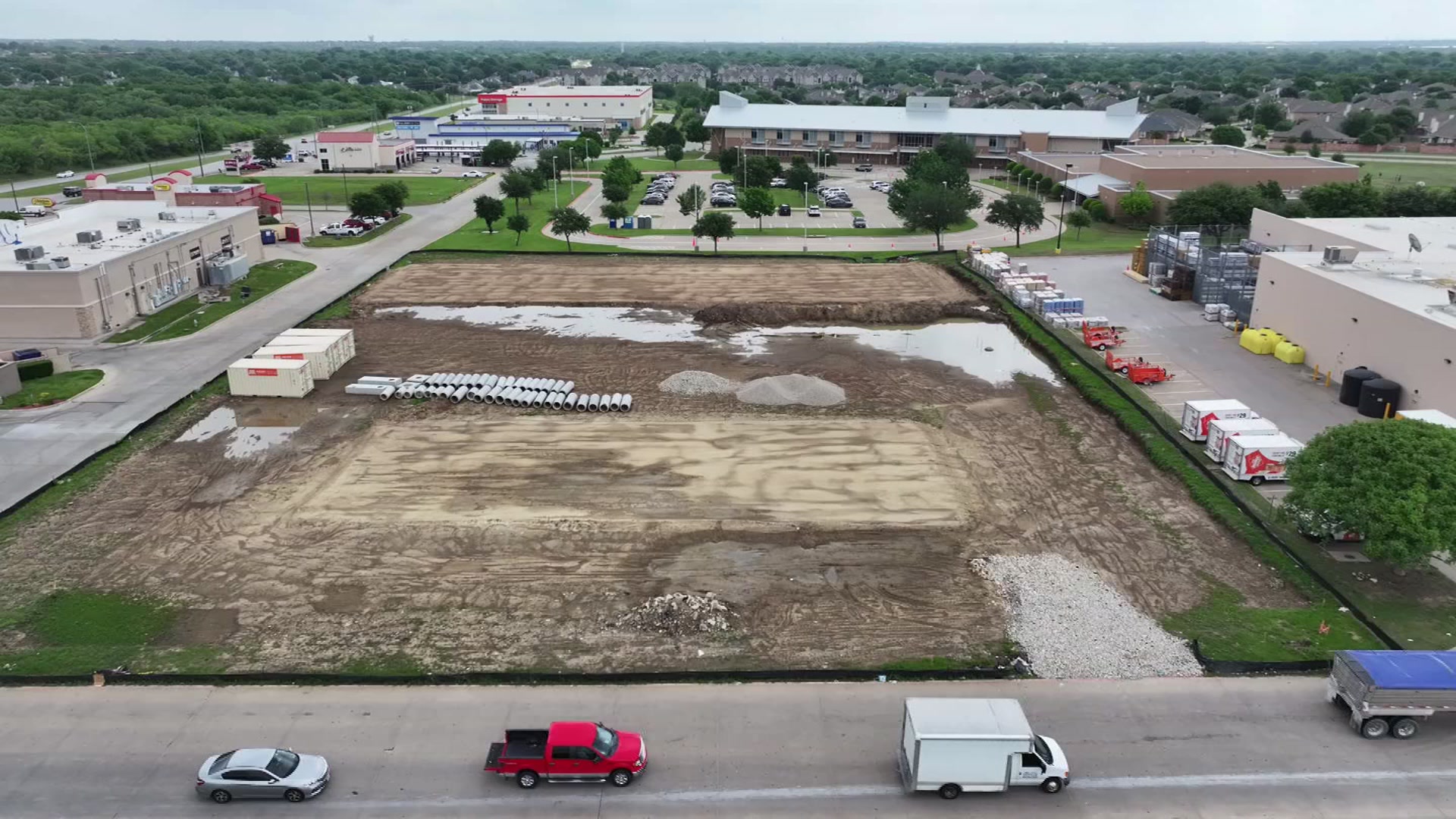From tutoring to longer school days... we've heard many ideas on how to help students better succeed in school.
Many parents remember walking into the building, weighed down by textbooks. Now, IPads and Chromebooks may have lightened the load for students. However, they tell us there is still a lot riding on their shoulders.
"We're seeing kids get more and more sad, now than ever," said Ernesto Sandate, a senior at L.D. Bell High School in Hurst, who is headed to Southern Methodist University next year.
We asked three seniors from L.D. Bell to reflect on their academic career, and what changes they would make as educators look to improve student performance after the COVID-19 pandemic.
Get DFW local news, weather forecasts and entertainment stories to your inbox. Sign up for NBC DFW newsletters.
Not even two minutes into our conversation and the same thing kept coming up, mental health.
Madison Metcalf is headed to the University of Wisconsin at Madison. She told us stress was a problem before the pandemic and now it's magnified.
"I left Bell as a Sophomore and I'm back as a senior. That's a big change for me already. On top of that, you throw in a global pandemic and masks and no masks and whose vaccinated and who's not and it's stressful and it's crazy to think, 'Will I be behind in college? Will I be ahead in college? We don't know?'" said Metcalf.
Local
The latest news from around North Texas.
The students who are all headed off to four-year colleges are not only questioning whether they're prepared but questioning whether they're safe just walking through the doors at Bell.
"The reason why students are not doing as well is because they're concerned about masks and they can't focus because they don't feel safe in their school," said Elizabeth Tomoloju, who's headed to the University of Texas at Austin next year.
Teachers see it too.
"Even before the COVID pandemic we had a mental health epidemic," said Yonathan Tadesse, who teaches math at Judge Barefoot Sanders Law Magnet. He said he can't get knowledge into his students unless he helps them get the pressure out.
"Increasing levels of anxiety, increasing levels of depression, increasing levels of pressure at the high school level," he said. "I think it's important we build back and support students emotionally."
The three teachers of the year in Dallas ISD agreed mental health is a massive problem schools need to tackle, but they also said they need help at home from parents and they're not talking about homework.
"It's not just in academics, come to their games, support them in their chess club and whatever they're involved in, just make some time. I know you can't do everything but one of the things I do as a teacher, I make time to go to those kid's games," said Seneca Denman, a teacher at Boude Storey Middle School.
"Once those kids realize you care enough about them and what they're doing and their social well being then you can get them to learn your content, they'll come in and do that for you," Denman said.
It's the exact same message we heard from the head of the largest teacher organization when we visited her in our nation's capitol.
"It's not just about how they're doing in their academic health, how are they doing in their mental health," said Kim Anderson, Executive Director, National Education Association.
The issues with educating the whole child are top of mind of many of our leaders in Washington who pledge it will be a significant part of the recovery plan from COVID-19.



